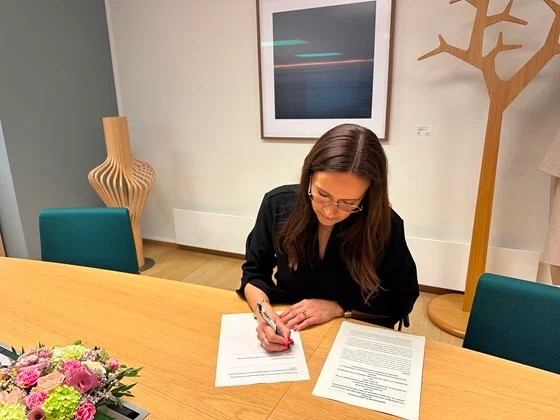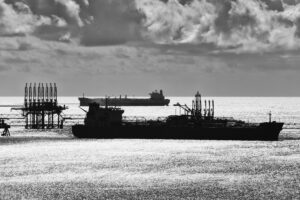
Norway has signed an agreement with the United Kingdom, Belgium, Denmark and the Netherlands to facilitate cooperation on the international operation of autonomous ships. The Norwegian Ministry of Trade, Industry and Fisheries in a press release on May 10 has announced that the agreement has been signed.
The agreement aims to simplify the operation of autonomous vessels in the North Sea, by ensuring their safe operation within the individual countries’ national requirements and frameworks.
Marianne Sivertsen Næss, Minister of Fisheries and Ocean Policy, said: “This collaboration can help establish a new international market for the Norwegian maritime industry.
“The Norwegian maritime industry is at the forefront of the development of autonomous solutions.
“The collaboration will create an arena for further developing efficient and safe solutions for autonomous operation, and will be able to play an important role for our maritime companies in the years ahead.”
The countries that have signed the agreement commit themselves to exchanging knowledge and information about national activities and following a common approach to international autonomous operations where appropriate.
The agreement concerns cooperation on the development of requirements for autonomous ships operating in the North Sea basin, that is, outside national waters, so that the countries can agree on common technical standards and solutions for the ships while waiting for global regulations.
Although most autonomous projects have been aimed at vessels in national traffic within territorial waters, there are now several ongoing projects considering market opportunities in the North Sea basin.
The development is particularly driven by existing and expected developments in offshore wind and the development of vessels and operating concepts for inspection and maintenance of these.
The agreement is based on existing guidelines from the UN’s maritime organization, IMO, and the EU.
IMO has initiated a process to develop non-binding rules for autonomous cargo ships. These are expected to be finalized by 2025. Norway is actively participating in this work.
The Norwegian Maritime Authority believes that the agreement is a good framework for common technical standards and solutions.
“We want to ensure that Norway is at the forefront when it comes to new technology in the maritime industry. In addition, Norway is a maritime superpower, and cooperation with other flag states with great weight, such as the United Kingdom and Belgium, is an advantage,” said Director General of Shipping and Navigation, Norwegian Maritime Authority, Alf Tore Sørheim.
“This is about the future of shipping. When several major maritime nations join forces to facilitate and simplify the operation of autonomous ships, there will also be greater predictability for the maritime industry,” added Sørheim.


